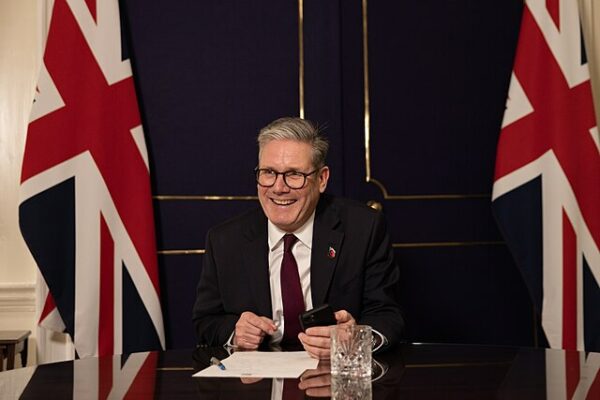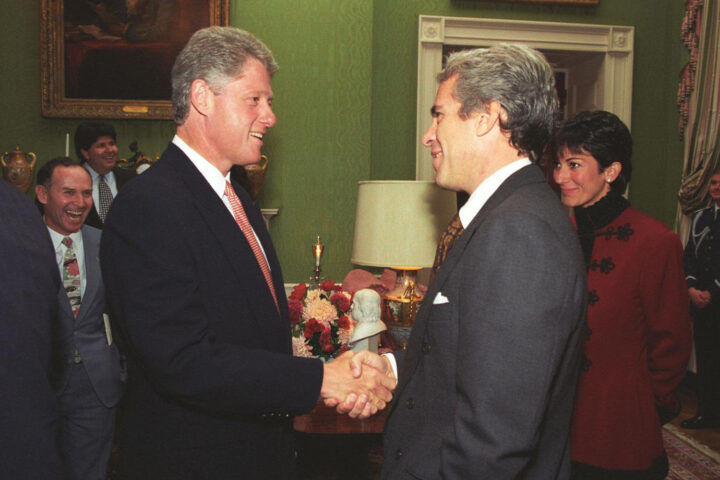The United Kingdom has now reportedly suspended intelligence sharing with the United States over a series of lethal strikes on boats in the Caribbean, according to CNN national security correspondent Natasha Bertrand.
The move comes after months of U.S. military operations targeting vessels described by the Trump administration as “narcoterrorists” transporting drugs intended for American shores, resulting in over 70 deaths.
For decades, the U.K. had cooperated closely with the United States, providing intelligence from its Caribbean territories to aid the Coast Guard in locating suspected drug trafficking vessels. Traditionally, the intelligence was used to interdict and arrest suspects, allowing the suspected traffickers to face due process.
These operations were treated as criminal justice matters rather than military engagements, and fatalities were exceedingly rare.
“Britain had previously been happy to help,” sources familiar with the situation told Bertrand. But officials in London became “concerned” that the United States was using British intelligence to select targets for lethal strikes. According to the sources, U.K. officials believe these operations “violate international law” and did not wish to be “complicit” in what they described as “illegal attacks.”
Over the past several months, President Trump authorized strikes on multiple vessels that the administration claimed were operated by drug cartels designated as “foreign terrorist groups” engaged in armed conflict with the United States. Secretary of Defense Pete Hegseth and other administration officials defended the operations, asserting that the Law of Armed Conflict justified lethal force against the vessels. Legal experts, however, have challenged the justification, noting that even under international law, civilian traffickers do not automatically qualify as combatants, and designation as a terrorist organization does not permit unrestricted use of deadly force.
Reporting by Bertrand highlighted additional complications. Officials in Venezuela and Colombia have publicly disputed the administration’s claims, asserting that some of the targeted boats were either stationary or turning around at the time of the attacks, undermining claims of an imminent threat.
The U.K.’s suspension of intelligence sharing, which sources say began over a month ago, represents an unprecedented break with a key ally. “The U.K.’s decision marks a significant break from its closest ally and intelligence-sharing partner and underscores the growing skepticism over the legality of the U.S. military’s campaign around Latin America,” Bertrand wrote.
Canada has also reportedly distanced itself from the strikes. While it has not fully suspended intelligence sharing, sources told Bertrand that Ottawa made clear it does not want its intelligence used to facilitate lethal strikes on vessels.
The suspension underscores the growing international scrutiny over U.S. military operations in the Caribbean and highlights the potential diplomatic costs of employing military force in drug interdiction efforts, even in cases framed as counter-narcotics or counterterrorism operations.
[READ MORE: Trump Warns Supreme Court Ruling on Tariffs Could Cost U.S. Trillions and Threaten National Security]








